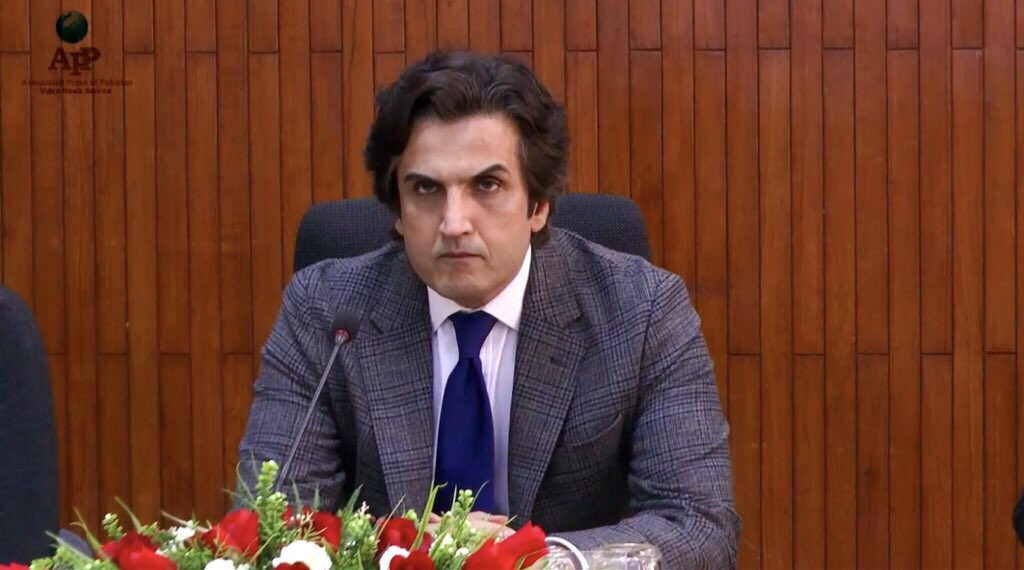مضمون کا ماخذ : raspadinha caixa
متعلقہ مضامین
-
PMA condemns murder of Dr Shambho Lal
-
Sukkur rally shows solidarity with Armed Forces
-
لکی کیٹ آفیشل انٹرٹینمنٹ ویب سائٹ: تفریح کا نیا مرکز
-
Gem Salvation رسمی تفریحی داخلہ
-
RSG الیکٹرانک کریڈیبلٹی بیٹنگ پلیٹ فارم
-
Murad green lights 10,000 CCTV camera installation
-
Accountability should start from PM Nawaz: Bilawal
-
SECP traces companies suspected of offshore investment
-
No one will be allowed to undermine sanctity of House: NA speaker
-
Tikigoti Entertainment Official App - آپ کا تفریحی پارٹنر
-
HB الیکٹرانک آفیشل گیم پلیٹ فارم ویب سائٹ کی خصوصیات اور فوائد
-
UG سپورٹس آفیشل انٹرٹینمنٹ ویب سائٹ: تفریح اور کھیلوں کا بہترین مرکز












